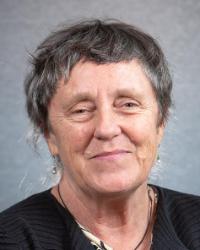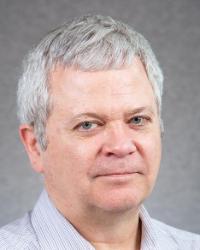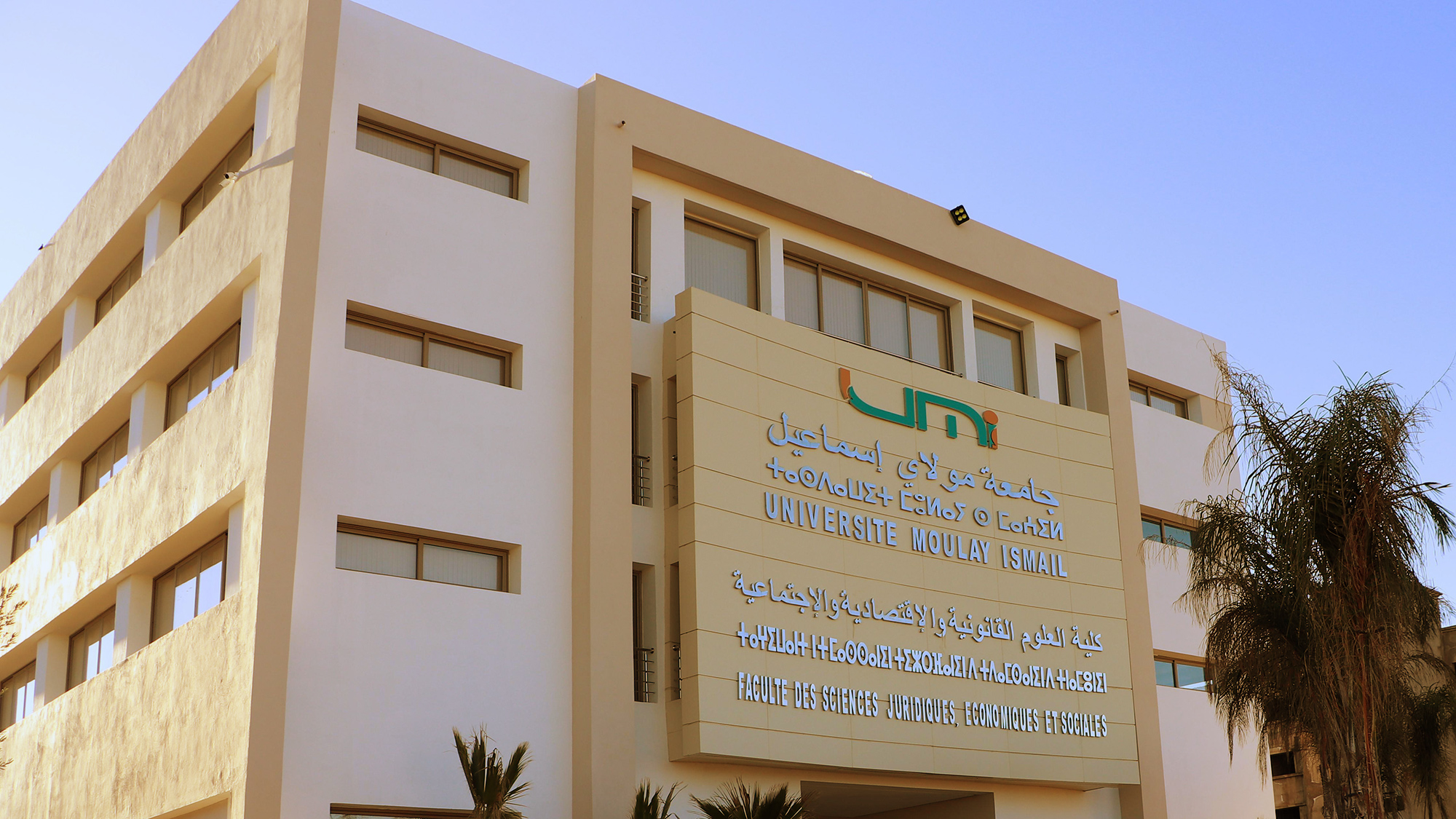A pioneering partnership between Seattle University School of Law and Moulay Ismail University in Morocco will teach law students about transitional justice, in which countries confront their own histories of human rights violations and move toward national healing.
Not only will students learn to communicate and collaborate across languages and cultures, they'll also apply what they learn to the persistent problem of racial inequity and injustice in the United States. The course includes a community legal service project with a local Black Lives Matter organization.

"Both American and Moroccan law students will have a unique view of how each group can learn from the other, and from both country's histories, in order to solve modern legal problems," said Gillian Dutton, director of Seattle U Law's Externship Program and facilitator of the new course. "They will also learn effective skills in community lawyering, with the emphasis on the priorities of Black and brown communities."
Courtney Erwin, a 2005 graduate of Seattle U Law who specializes in international law and religion, has been based in the Middle East and North Africa for more than a decade and serves as an independent facilitator for the project. She said the visionary program is the first to establish a legal education exchange between the U.S. and this region of the world, other than Israel, and she's thrilled for students to make that international connection.
"The program is designed to foster empathy for different perspectives and help students understand how to use their legal skills in a globalized world," she said.

Professor Ronald Slye, who specializes in international human rights and will co-teach the course, said the concept of transitional justice has direct and urgent applicability to the U.S. racial justice movement. "Countries like South Africa, Kenya, and Morocco have all grappled with the question of how to face the horrors of the past with transparency and open communication," he said.
The three-credit Transitional Justice Legal Exchange will be offered in both fall and spring semesters this coming academic year. Supported by a $50,000 grant from the Stevens Initiative, the course is part of an international effort to build global competence and career readiness skills for students in the United States and the Middle East and North Africa by growing and enhancing the field of virtual exchange. (Press release here.)
The course will incorporate both real-time class elements via Zoom and asynchronous lessons on Canvas. Up to 50 students — 25 in Seattle and 25 in Meknes, Morocco — can participate each semester. French and English interpreters will be provided.
Outside the scope of the Stevens Initiative grant and after the COVID-19 pandemic subsides, the program facilitators plan to include a study abroad element. The Moroccan university would host a two-week summer legal study program, in English, with Seattle University law students and faculty. That would also include an eight-week summer externship.
The Seattle University Externship Program's International offerings are among the most varied in the country, including sites such as the United Nation Tribunals in The Hague in the Netherlands, the Inter-American Court for Human Rights in Costa Rica, and The Office of the United Nations High Commissioner for Human Rights in Switzerland. Dutton has expanded these opportunities ever since she started directing the Externship Program in 2009, and has published scholarly research on the critical multicultural skills such programs provide.
"International experiences give our students an edge in cross-cultural communication, innovation, and creativity, as well as awareness of their role as global citizens," she said. "Courtney has helped us expand our program to include many sites in Morocco. Students can get the benefits of doing legal work in a country that is diverse culturally and geographically."
Further expansion, also outside the scope of the grant, could include collaborative clinical and legal writing programs with Moulay Ismail University, as well as conferences, symposia, trainings, and other educational projects for students and faculty.
Professor Nadir Ismaili, who will co-teach the class with Slye, teaches comparative constitutional law at University Moulay Ismail and served as Rapporteur to the Commission on Hearing and Reparations of the Consultative Council of Human Rights during that country's transitional process from 1998 to 2002. Professor Laila Fathi, an international law professor at University Hassan II of Casablanca, will also co-teach the class.
Morocco won its independence in 1956, but the following decades were marked by a brutal regime known for secret prisons and forced disappearances of dissidents. A subsequent government, responding to demands from victims and human rights groups, established the Equity and Reconciliation Commission in 2004 to hear the truth about past violations, provide reparations to victims and families, and recommend measures to prevent future violations.
"Morocco's relatively recent history offers an example of a restorative justice process that might be designed to address the United States' current challenges in dealing with racism and its impacts on vulnerable communities," Erwin said.
Transitional Justice Legal Exchange is supported in part by the Stevens Initiative, which is sponsored by the U.S. Department of State, with funding provided by the U.S. Government, and is administered by the Aspen Institute. The Stevens Initiative is also supported by the Bezos Family Foundation and the governments of Morocco and the United Arab Emirates.


